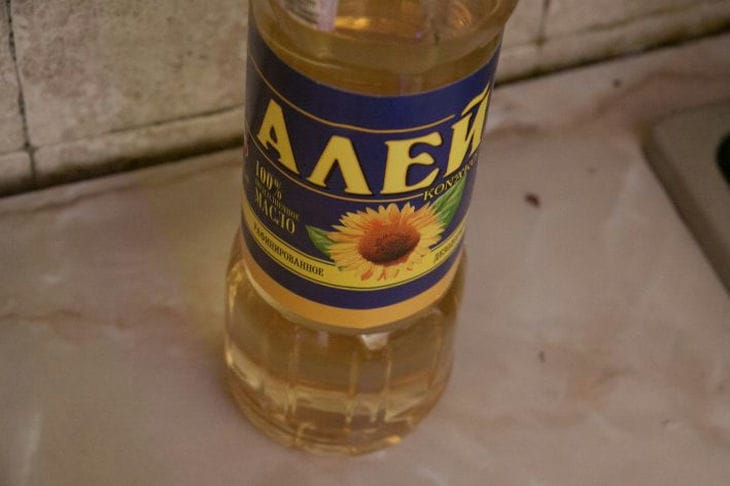Where can you use used vegetable oil: at home and in the country
Used vegetable oil is not just waste that needs to be disposed of.
It can be used both in the home and in the garden.
A few simple and eco-friendly ways will help give vegetable oil a second life and save resources.
Caring for wooden surfaces
Wooden products, whether furniture, garden tools or decorative elements, need protection from moisture and decay.
Used vegetable oil copes with this task perfectly. By impregnating the wooden surface with oil, you can create a water-repellent layer that will prevent cracking and deformation of the wood. In addition, the oil will emphasize the natural beauty of the wood, giving it a noble shade.

Lubricant for tools
Squeaky hinges, tight locks and rusty tools are common problems that everyone faces.
Used vegetable oil is a great alternative to industrial lubricants. A few drops of oil will help restore mobility to mechanisms, eliminate creaking, and protect metal parts from corrosion.
Removing resin and paint
Working with paints, varnishes or resinous substances often leaves marks on the skin of your hands and clothes. Vegetable oil will help remove such stains.
It is enough to apply a small amount of oil to the contaminated area, rub and wash off with warm water and soap. The oil dissolves sticky substances and facilitates their removal without damaging the skin.
Plant protection from pests
Many gardeners and vegetable growers use vegetable oil to combat pests. The oil film that covers the leaves and stems of plants prevents insects from penetrating and interferes with their breathing.
To prepare an insecticidal solution, mix water and vegetable oil in a ratio of 10:1 and add a little liquid soap for better adhesion.
Eco-friendly fuel
Used vegetable oil can be used as biofuel for space heating or cooking.
There are special stoves and burners that work on vegetable oil. Before using, the oil must be cleaned of impurities and water.
Respect for the environment
Pouring used vegetable oil down the drain is not the best idea. The oil solidifies on the walls of the pipes, forming plugs and creating problems with water drainage. In addition, oil, getting into water bodies, harms the environment, disrupting gas exchange and creating a film on the surface of the water.
Oil collection and storage
To collect used vegetable oil, you can use plastic bottles or other containers.
Before pouring the oil into a container, strain it to remove any food residue or other impurities. Store the oil in a cool place, away from direct sunlight.
Previously we talked about clearing blockages using baking soda .
